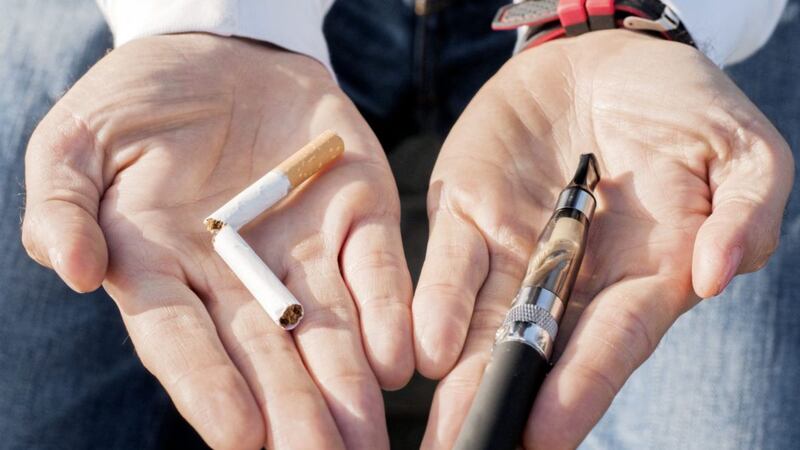A charity has called for a review of services to help people quit smoking after figures revealed that the numbers using the facility has plummeted.
Statistics from the Department of Health show the number of people accessing smoking cessation services in Northern Ireland has more than halved in the past five years.
Northern Ireland Chest Heart and Stroke (NICHS) last night said "more action" is needed to combat smoking after only 18,637 people set a quit date through the service in 2016/17, compared with 39,205 in 2011/12.
Over the past year there has been a decrease of 12 per cent in those using smoking cessation services.
At four-week follow-ups, 58 per cent of people were still not smoking, while after a year more than a third reported still being tobacco free, while a quarter had resumed the habit.
The statistics show 40 per cent of the 235 young people - aged 11 to 17 - who set a quit date had still stopped after four weeks, while 37 per cent were still smoking.
Neil Johnston from NICHS said while "much has been achieved... sadly the numbers of smokers in Northern Ireland remains stubbornly high".
"Nearly one in four of the population in NI smokes and that rate has barely fallen in recent years," he said.
"The number using the services and setting a quit date has fallen from 39,000 in 2011 to just 18,000 this year.
"However, during the same period the use of e-cigarettes has increased enormously so it may be that smokers are simply using a different route to try to break their addiction.
"The fall-off in use of cessation services is almost entirely in the 18-34 age bracket and it is probably these people who have decided to try e-cigarettes."
He said there is currently "no conclusive evidence" that e-cigarettes are an effective way to quit smoking and "little is known about the long-term health effects".
"We recognise people are keen to give up smoking but we would point out that e-cigarettes contain nicotine and are highly addictive and we would recommend that they are used only as a short-term measure," he said.
One area of success, however, has been with school children - Mr Johnston said the numbers smoking have "fallen markedly".
"We should build on that success and we would urge the department to increase the resources spent combating smoking amongst school children."








